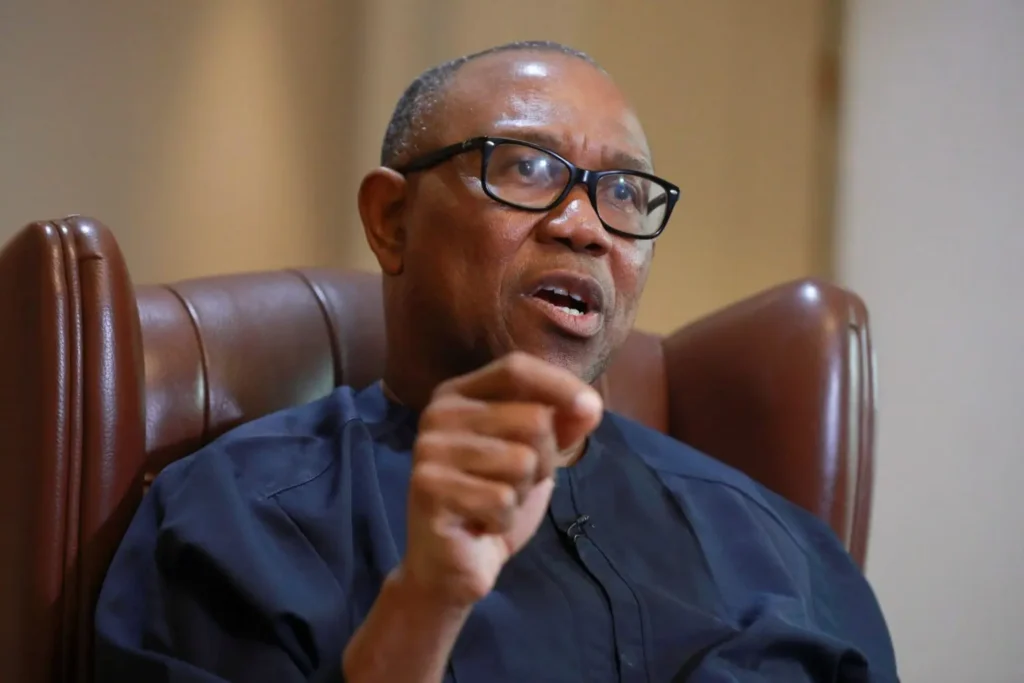CurrentReport Blog Peter Obi, the Labour Party’s presidential candidate in the 2023 elections, has sharply criticized the Federal Government’s proposal to acquire new jets for President Bola Tinubu and Vice President Kashim Shettima. This call for new aircraft, recommended by the House of Representatives Committee on National Security and Intelligence on Friday, comes at a time when the nation grapples with severe economic challenges.
In a series of posts on his official X (formerly Twitter) handle on Monday, Obi condemned the government’s actions as “extremely insensitive” to the struggles of Nigerian citizens. He pointed out that with the nation facing escalating insecurity, poverty, hunger, and homelessness, the move reflects a significant disconnect between the leadership and the populace.
Obi, the former governor of Anambra State, emphasized that the current fleet of presidential jets, with an average age of 12 years, was sufficient, especially considering the economic realities when they were initially purchased. He argued that at a time when Nigeria is burdened with a high debt profile and a declining economy, the focus should be on alleviating the suffering of the people rather than on luxury expenditures.
“It’s on record that our presidential jets have an average age of 12 years, purchased when most Nigerians could afford basic necessities. Now, as our country faces significant challenges, including a high debt profile, our citizens are in even greater need,” Obi stated.
He urged the government to align its priorities with the pressing needs of society. Obi highlighted the disparity between Nigeria’s current economic standing and its expenditure on leadership luxuries, citing the example of the Vice President’s residence, which costs $15 million. In stark contrast, the official residence of the US Vice President, located at Number 1 Observatory Circle, is valued at approximately $7.5 million, despite the United States having an economy significantly larger than Nigeria’s.
“Instead of adding to our luxuries, we should be focused on alleviating their suffering and finding solutions to their problems,” Obi wrote. He further critiqued the government’s decision-making, saying, “For long, our bad leadership has made our priorities, as leaders, to be at variance with the needs of society, which is why we are headed now south, as a nation.”
Obi called for an end to what he described as “impunity, insensitivity, and shamelessness” in governance. He advocated for redirecting resources towards essential sectors such as education and healthcare, and for initiatives aimed at lifting Nigerians out of poverty.
This criticism comes as Nigeria, once Africa’s largest economy, now finds itself the fourth largest, with a GDP of $252 billion and a per capita income of $1,080. Obi’s remarks underscore a growing public sentiment demanding more responsible and empathetic leadership in the face of the nation’s mounting challenges.












